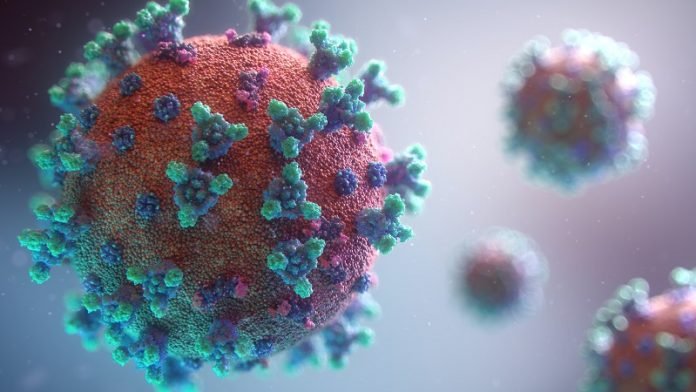
People with kidney disease and other severe chronic medical conditions are at higher risk for more severe illnesses.
People on dialysis can have weaker immune systems, making it harder to fight infections.
However, it is important to know that kidney patients need to continue with their regularly scheduled dialysis treatments and to take necessary precautions as recommended by their healthcare team.
People who have received a kidney transplant need to take anti-rejection medicines (also known as immunosuppressive medicines).
These medicines work by keeping the immune system less active, which can make it harder to fight infections. It is important to keep taking these medicines.
It is also important to wash hands, maintain good hygiene and follow the recommendations from their healthcare team.
Take precautions
Older adults and people with kidney disease or other severe chronic medical conditions are at higher risk for more serious COVID-19 illness.
If you are at higher risk of getting very sick from COVID-19, you should:
- Stock up on supplies
- Take everyday precautions to keep space between yourself and others
- When you go out in public, keep away from others who are sick, limit close contact
- Wash your hands often
- Avoid crowds as much as possible
- During an outbreak in your area, stay home as much as possible.
Please remember that if you are on dialysis, you should not miss your treatments. Contact your clinic if you feel sick or have any questions or concerns.
If you have a kidney transplant, it is important to remember to keep taking your anti-rejection medicines, maintain good hygiene and follow the recommendations from your healthcare team. Contact your healthcare team with any questions or concerns.
Wear your face mask
- Wear a mask indoors and outdoors
- Wear the mask over your nose and mouth and secure it under your chin
- Make sure the mask fits snugly against the sides of your face
- In cold weather, wear your mask under your scarf, ski mask, or balaclava
- Keep a spare mask handy in case your mask becomes wet from moisture in your breath or from snow or rain.
Sign up for our newsletter for more information about this topic.
If you care about kidney health, please read studies about unhealthy eating habits that may increase risk of dangerous kidney disease, and how to protect against kidney disease.
For more information about kidney health, please see recent studies about why processed foods trigger chronic kidney disease, and results showing this diabetes drug may help slow down chronic kidney disease.
Source: National Kidney Foundation.



